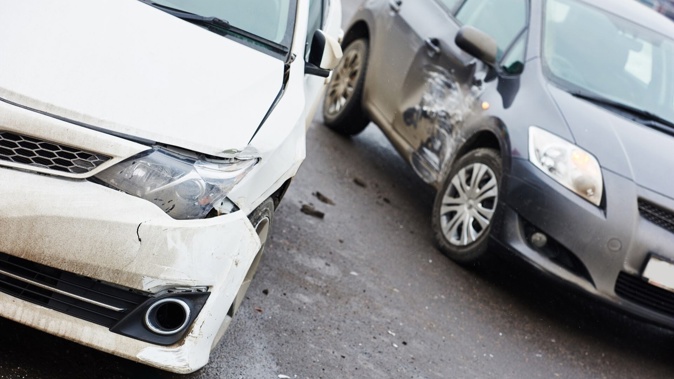
A new report has found young drivers are committing fewer traffic offences than 10 years ago, but their road deaths remain high.
A 2016 report from the AA Research Foundation showed traffic offences by 15 to 19-year-olds substantially declined between 2009 and 2013.
The foundation’s latest data showed the downward trend continued during the past 10 years.
The report shows, factoring in the substantial increase in young drivers over that time, overall offending rates have fallen by 41%, drunk and drugged driving by 58% and seatbelt offences by 52%.
“That’s a real positive and demonstrates that we are heading in the right direction with the various road safety initiatives and legislative and policy changes that have been undertaken over time,” Automobile Association (AA) road safety spokesman Dylan Thomsen said.
In 2013, there were 142,159 15- to 19-year-old licensed drivers in New Zealand. The 2013 statistics showed this group committed 121,237 traffic offences, 4019 drunk/drugged driving offences and 5844 no seatbelt offences.
The number of licensed drivers in this age group rose to 204,285 in 2024.
However the number of traffic offences had fallen to 102,022, including 2448 drunk/drugged driving offences and 3938 no seatbelt offences.
The road deaths per 100,000 licensed young drivers fell from 22.5 in 2013 to 16.6 in 2024.
“However, they remain tragically high,” Thomsen said.
 AA road safety spokesman Dylan Thomsen said New Zealand’s young drivers have the highest rates of road deaths in the OECD.
AA road safety spokesman Dylan Thomsen said New Zealand’s young drivers have the highest rates of road deaths in the OECD.
“New Zealand’s young drivers have the highest rates of road deaths in the OECD. These rates are substantially above older age groups in New Zealand,” he said.
“These figures show we need to be focusing on more than just enforcement to bring crash rates down even further.”
Ministry of Transport data shows New Zealand currently has about 90 deaths and 600 serious injuries a year from crashes where a young driver is judged to be at fault.
Thomsen said the AA saw this latest data as timely with the Government currently considering changes to the Graduated Driver Licensing System.
“The AA supports some of the changes being proposed, in particular extending the zero-alcohol limit to cover a learner or restricted driver and more consequences if people offend while novice drivers,” he said.
“However, we also need to lift the level of practice, skills and training that young people have before they start driving solo to help reduce road fatalities.
“The learner and restricted stages of the licensing system are the ideal time to instil practices and habits that will keep novice drivers and others safe on the road.”
The AA wants three major changes to the Government’s driver licensing proposal:
- Increasing the learner period from six to 12 months to allow people to gain more experience under supervision before driving solo.
- Requiring a minimum 60 hours practice with a supervisor across a range of conditions on a learner licence.
- Professional training incentivised by accelerating progress through the practice hours system.
“It has been 14 years since the last substantial review of New Zealand’s driver licence system and the AA urges the Government to take this chance to introduce changes which will start lifting New Zealand to a higher level of driver skills and safety,” Thomsen said.
Minister of Transport Chris Bishop told the Herald the road safety was one of the Government’s top priorities.
Initiatives it had on road safety would “ultimately benefit young drivers”.
To increase road safety, the Government had committed $1.3 billion to the Road Policing Investment Programme (2024-2027).
That included a target of 3.3 million alcohol breath tests per year, a focus on high-risk times with a requirement that 65 percent of breath tests are done at high or extreme alcohol risk times and focussing on speed offences on open roads and high-risk locations
“And we are turning up the heat on boy racers and fleeing drivers with a suite of stronger measures to deter anti-social and intimidating driving,” Bishop said.
“We are also currently consulting on the graduated drivers licencing system which will directly impact young drivers and I would encourage people to have their say through the MoT website.”
Take your Radio, Podcasts and Music with you









